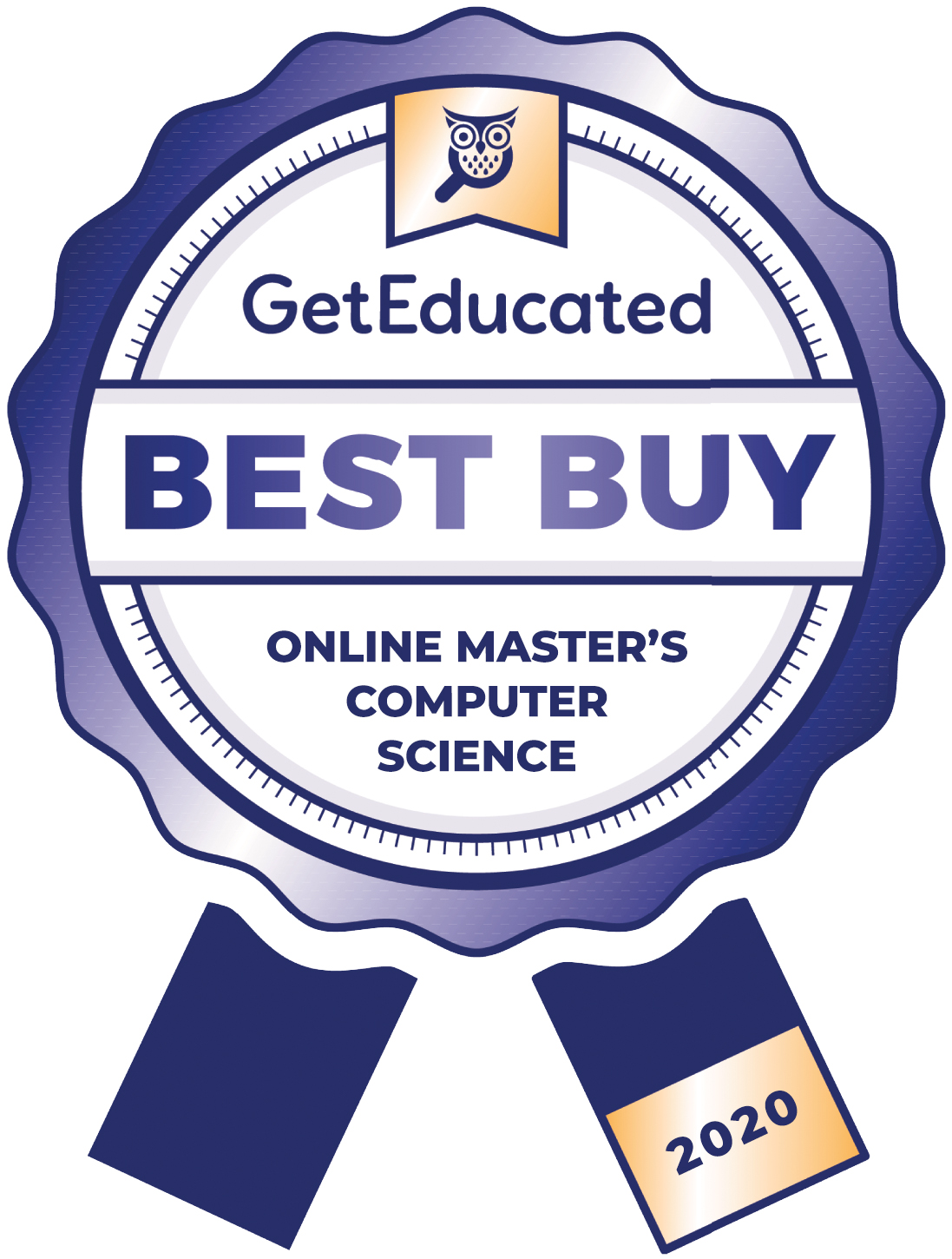How To Get Masters Of Library Science Degree Online?

In today’s digital age, pursuing a Master’s of Library Science (MLS) degree online has become a viable and convenient option for those looking to advance their careers in librarianship. With the rise of online education, many reputable institutions now offer accredited MLS programs that can be completed entirely online. Here, we will delve into the world of online MLS programs, exploring the benefits, curriculum, and requirements for pursuing this degree.
First and foremost, it’s essential to understand the benefits of pursuing an MLS degree online. For one, online programs offer flexibility, allowing students to balance their academic responsibilities with work and personal commitments. This is particularly beneficial for those already working in libraries or related fields, as they can apply the knowledge and skills gained in their online program directly to their professional practice. Additionally, online programs can provide access to a wider range of institutions and programs, potentially leading to a more tailored educational experience that aligns with individual career goals.
When searching for an online MLS program, it’s crucial to ensure that the institution and program are accredited by the American Library Association (ALA). The ALA accreditation is the gold standard for library science programs, guaranteeing that the curriculum meets the highest standards of quality and relevance in the field. Many online MLS programs are designed to be completed in two years, although some institutions may offer part-time options or accelerated pathways for those who wish to complete their degree more quickly.
The curriculum of an online MLS program is typically comprehensive, covering foundational knowledge in library science, information technology, and research methods, as well as specialized courses in areas such as collection development, reference services, and library management. Some programs may also offer concentrations or specializations, allowing students to focus on specific areas of interest, such as archives and special collections, digital libraries, or youth services. For instance, a student interested in digital libraries might take courses in digital curation, metadata standards, and information architecture, while also participating in projects that involve designing and implementing digital library systems.
To apply for an online MLS program, prospective students typically need to meet certain admission requirements, which may include holding a bachelor’s degree from an accredited institution, submitting transcripts, letters of recommendation, and a personal statement outlining their professional goals and motivations for pursuing the degree. Some programs may also require standardized test scores, such as the GRE, although this is less common for online MLS programs.
One of the most significant advantages of online MLS programs is the opportunity to engage with a diverse and geographically dispersed community of students and faculty. Through online discussions, virtual meetings, and collaborative projects, students can develop professional networks and friendships that transcend geographical boundaries. Moreover, many online programs incorporate fieldwork or practicum experiences, allowing students to apply theoretical knowledge in real-world settings under the supervision of experienced librarians.
However, it’s also important to consider the potential challenges of pursuing an MLS degree online. One of the main challenges is the need for self-motivation and discipline, as online students must be able to manage their time effectively and stay engaged with course materials without the structure of a traditional classroom environment. Additionally, online students may need to be more proactive in seeking out opportunities for networking and professional development, as they may not have the same level of access to campus resources and events.
To overcome these challenges, many online MLS programs offer a range of support services, including academic advising, career counseling, and technical support. Additionally, students can take advantage of online communities and forums, where they can connect with peers and faculty, ask questions, and share resources and advice.
In conclusion, pursuing a Master’s of Library Science degree online is a flexible and rewarding way to advance your career in librarianship. With its comprehensive curriculum, specialized concentrations, and emphasis on practical application, an online MLS program can provide the knowledge, skills, and networking opportunities needed to succeed in this dynamic and evolving field.
FAQ Section
What is the typical duration of an online MLS program?
+Most online MLS programs are designed to be completed in two years, although part-time options or accelerated pathways may be available.
How do I ensure that an online MLS program is accredited?
+Look for programs accredited by the American Library Association (ALA), which is the standard for quality in library science education.
Can I specialize in a particular area of librarianship through an online MLS program?
+Yes, many online MLS programs offer concentrations or specializations in areas such as archives, digital libraries, or youth services, allowing you to tailor your education to your career goals.
How do online MLS programs facilitate networking and professional development?
+Through online discussions, virtual meetings, collaborative projects, and sometimes fieldwork or practicum experiences, online MLS programs provide opportunities to connect with peers and professionals in the field.
Key Takeaways
- Flexibility: Online MLS programs offer the flexibility to balance academic responsibilities with work and personal life.
- Accreditation: Ensure the program is accredited by the American Library Association (ALA) for quality assurance.
- Curriculum: Expect a comprehensive curriculum that covers foundational knowledge, specialized courses, and possibly concentrations.
- Networking: Online programs provide unique opportunities for networking and professional development through virtual interactions and field experiences.
- Admission Requirements: Typically includes a bachelor’s degree, transcripts, letters of recommendation, and a personal statement, with some programs requiring standardized test scores.
By considering these factors and taking advantage of the flexibility and accessibility of online education, aspiring librarians can embark on a rewarding journey towards earning their Master’s of Library Science degree, equipping themselves with the knowledge, skills, and professional networks necessary to succeed in the ever-evolving field of librarianship.


